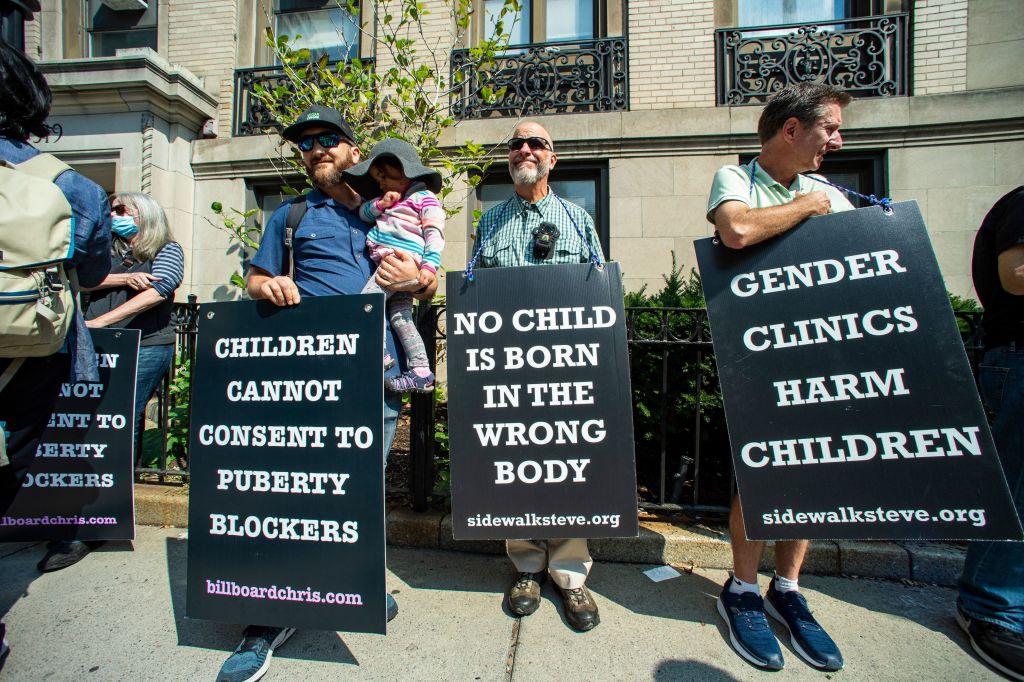A federal judge has issued a preliminary injunction halting part of Indiana’s ban on gender transition procedures for minors, pending the outcome of a legal challenge.
U.S. District Court Judge James Patrick Hanlon, who was appointed by former President Donald Trump, blocked the enforcement of provisions in the bill that prohibited puberty blockers and cross-sex hormone therapy for minors.





